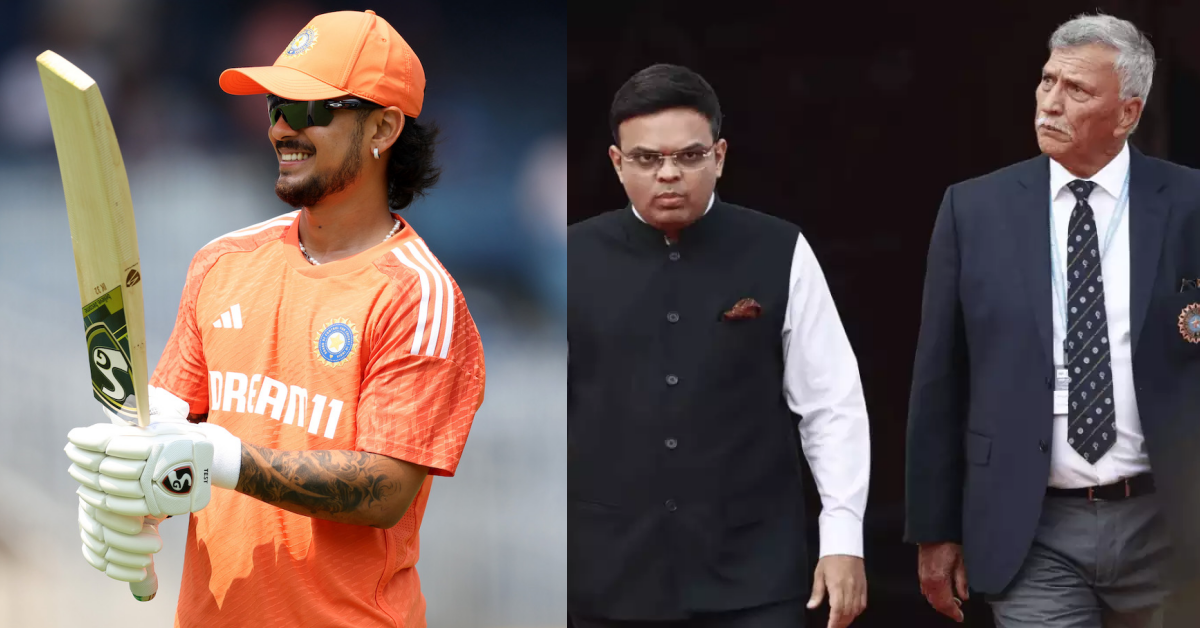Table of Contents
Introduction:
The recent controversy surrounding Ishan Kishan’s omission from the Indian cricket team due to lack of first-class cricket experience has sparked debates within the cricketing community. This incident has led to discussions about the importance of first-class cricket and whether the Board of Control for Cricket in India (BCCI) should consider making playing Ranji Trophy games mandatory for IPL participation.
The Ishan Kishan Incident: A Wake-Up Call:
Ishan Kishan, a talented wicketkeeper-batsman, was overlooked for selection in the Indian team despite his impressive performances in the Indian Premier League (IPL) and other T20 tournaments. The reason cited for his exclusion was his limited exposure to first-class cricket. While Kishan has excelled in the shorter formats of the game, he has played only a handful of first-class matches.
The Importance of First-Class Cricket:
First-class cricket serves as the foundation for a player’s career. It provides them with the opportunity to hone their skills in longer formats of the game, develop their technique, and showcase their temperament and endurance. Playing Ranji Trophy matches against quality opposition in various conditions is invaluable for the overall growth and development of a cricketer.
The Role of IPL in Cricketing Landscape:
The IPL has revolutionized cricket, providing a platform for young talent to shine on a global stage. It has unearthed several promising cricketers and catapulted them into the limelight. However, the frenetic pace of T20 cricket often prioritizes flashy performances over the solid fundamentals required for success in longer formats.
The Need for a Balanced Approach:
While the IPL has undoubtedly been a breeding ground for talent, it should not overshadow the significance of first-class cricket. A balanced approach that emphasizes both T20 leagues and domestic cricket is essential for the holistic development of players.
Proposed Solution: Mandatory Ranji Trophy Participation:
To address the imbalance between T20 leagues and first-class cricket, the BCCI could consider making it mandatory for players to participate in a minimum number of Ranji Trophy matches to be eligible for IPL selection. This would ensure that players prioritize their domestic cricket commitments and gain valuable experience in the longer formats.
Benefits of Mandatory Ranji Trophy Participation:
Skill Enhancement: Playing in Ranji Trophy matches would help players refine their skills, improve their technique, and adapt to different playing conditions.
Mental Toughness: The rigors of first-class cricket instill mental toughness and resilience in players, qualities that are essential for success at the international level.
Selection Criteria: Mandatory participation in Ranji Trophy matches would provide selectors with a broader pool of players to choose from, ensuring that talent is not overlooked based solely on T20 performances.
Fostering Team Spirit: Representing their state teams in domestic competitions fosters a sense of camaraderie and team spirit among players, which can positively impact their performance in international cricket.
Challenges and Considerations:
Implementing such a mandate would pose certain challenges. Players may face scheduling conflicts between domestic and franchise commitments, and there could be concerns about player fatigue and injury risk. Additionally, the BCCI would need to ensure that the Ranji Trophy remains a competitive and attractive tournament for players.
Conclusion:
The Ishan Kishan fiasco has brought to light the need for a balanced approach towards player development in Indian cricket. While the IPL provides a platform for young talent to showcase their skills, it should not overshadow the importance of first-class cricket. By making playing Ranji Trophy games mandatory for IPL participation, the BCCI can ensure that players receive the necessary exposure to longer formats of the game, thereby enhancing their overall development and strengthening Indian cricket as a whole. It’s time for a paradigm shift that prioritizes the long-term success of Indian cricket over short-term gains.
